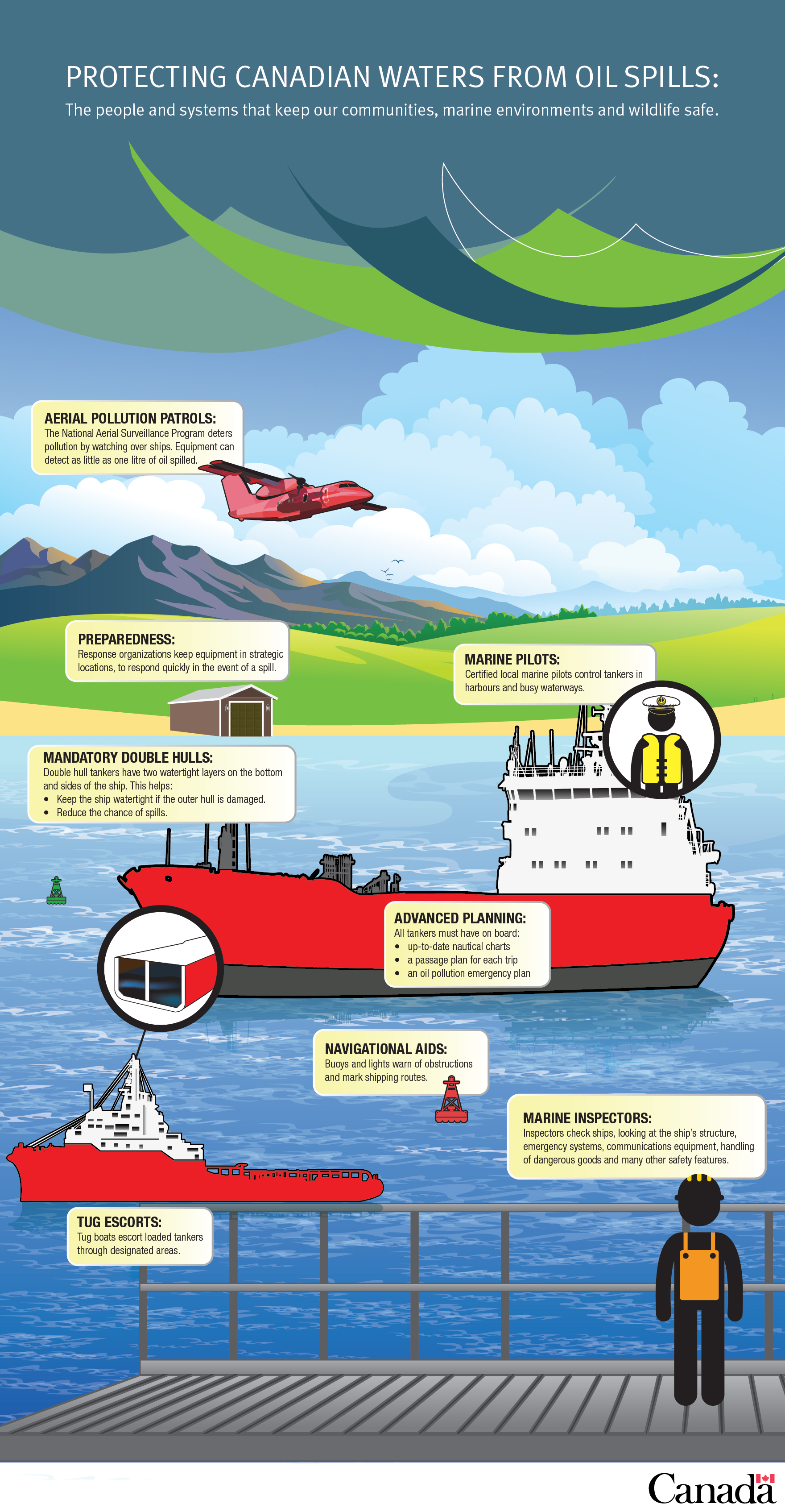Liam Ferguson is a historian with a focus on historical oil spills. His articles provide a retrospective look at past incidents and their long-term effects on the environment and communities.
Oil production, whether it's onshore or offshore, is a complex process. The frequency of oil spills, such as offshore oil spill causes and onshore oil tank leaks, is a testament to this complexity. The intricate systems and machinery involved in extracting and transporting oil are prone to malfunctions and errors. The vast network of pipelines, both above and below ground, presents numerous opportunities for leaks and spills. For instance, the Huntington Beach oil spill was a result of such complexities.
Consider the sheer volume of oil being handled daily across the United States. It's a staggering amount, isn't it? With such an enormous quantity, even the smallest percentage of error can lead to significant oil spill incidents.
Moreover, the environments in which we drill for oil are often harsh and unpredictable. Offshore platforms battle with the elements, while onshore drilling sites grapple with their own unique challenges. These factors contribute to the frequency of spills and the subsequent need for oil spill cleanup strategies.
It's important to remember that every oil spill, no matter how small, has an impact on our environment. The environmental impact of the California oil spill is a stark reminder of this. The methods to clean up oil spills are numerous, but the damage done is often irreversible. This makes preventing spills as important as knowing how to clean them up.
Unraveling the Mystery: What Makes Oil Spills So Common?
Oil spills, whether from offshore platforms or onshore tanks, are unfortunately a common occurrence. But why is this so? Let's delve into the primary causes.
One of the leading factors is human error. Despite the technological advancements in the oil industry, it remains a highly complex field requiring meticulous attention. A simple oversight or misjudgment can lead to catastrophic oil spills.
Equipment failure is another significant contributor. The machinery involved in both offshore and onshore oil extraction is subject to intense pressure and harsh conditions. Over time, this can result in malfunctions or breakdowns, causing oil to leak into the environment.
Natural disasters, too, play a role. Hurricanes, earthquakes, and other severe weather conditions can damage oil infrastructure, resulting in spills. These incidents are particularly prevalent in the Gulf of Mexico, which is prone to such environmental hazards. For instance, the 2010 Gulf of Mexico Oil Spill was a significant incident that had a profound impact on the region.
While these factors provide some insight into the causes of oil spills, the question remains: How can we mitigate these incidents and their impact on our environment? This brings us to the topic of oil spill cleanup strategies, which we'll explore next.

The Ripple Effect: How Oil Spills Reshape Our World 🌎
The consequences of frequent oil spills, both from offshore platforms and onshore tanks, are far-reaching and multifaceted, shaping our world in ways we often don't fully comprehend. For instance, consider the aftermath of the BP oil spill. Let's delve into the environmental, economic, and social impacts.
From an environmental perspective, these spills wreak havoc on marine and terrestrial ecosystems. The impact of oil spills on the environment is devastating, leading to the death of countless organisms and the disruption of food chains. Oil spill cleanup strategies, though increasingly sophisticated, cannot fully restore these ecosystems to their original state.
Economically, the cost of oil spill cleanup methods on water and land is astronomical. These incidents also lead to a drop in tourism and fishing industries, further straining local economies. Have you ever considered the ripple effect of a single oil spill on oil production and prices, and consequently, your daily life?
Socially, oil spills can lead to displacement and health issues for local communities. The stress and trauma associated with such incidents are often overlooked, but they are a significant part of the oil spill narrative. Remember, behind every US oil spill incident, there are human stories of resilience and adaptation.
To better understand the magnitude and complexity of oil spill cleanup, let's take a closer look at one of the most devastating incidents in recent history - the BP oil spill.
The BP oil spill is just one of many examples that illustrate the devastating consequences of oil spills. As we move forward, it is crucial to learn from these incidents and work towards more sustainable and safe practices in oil production.















